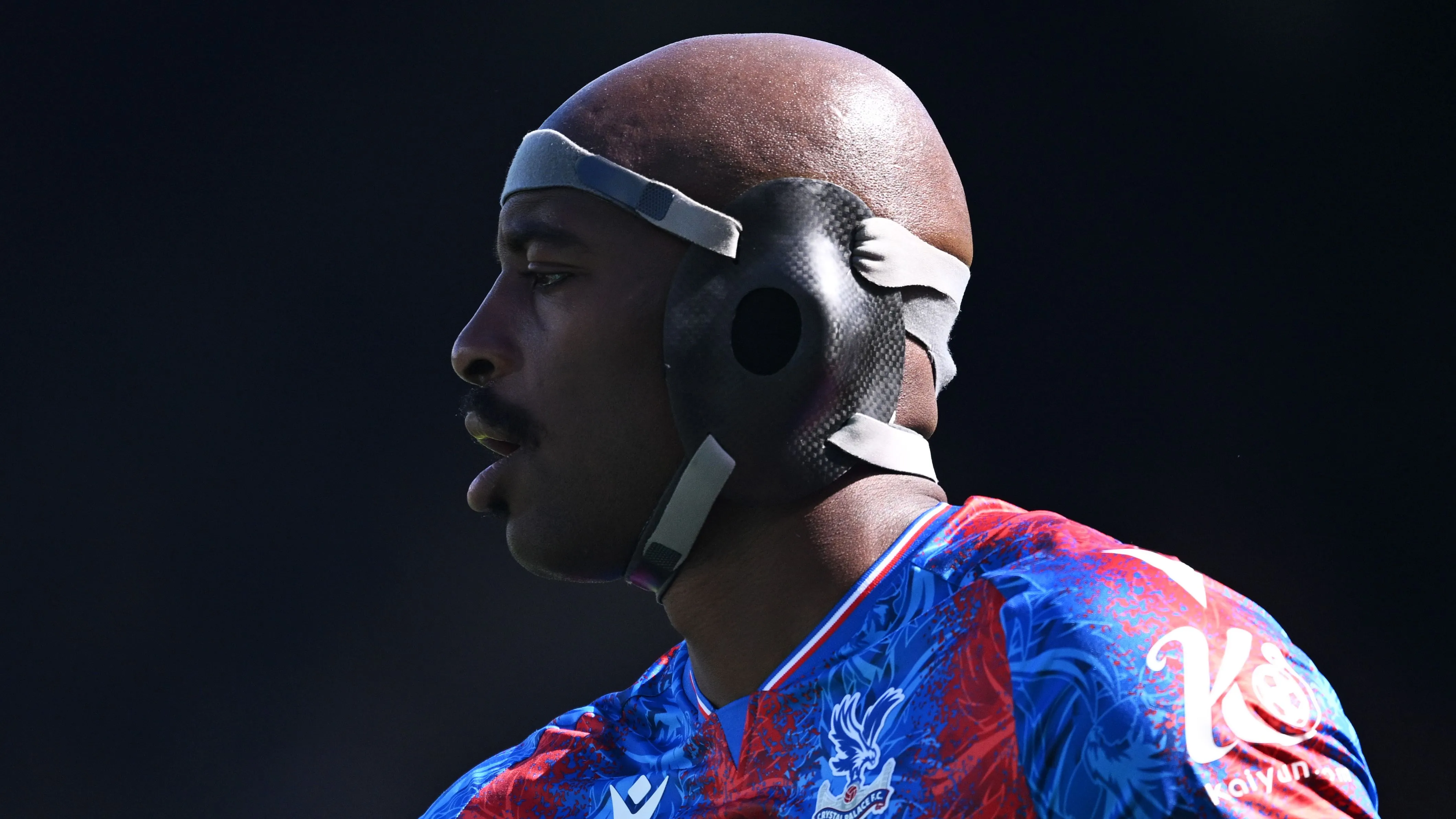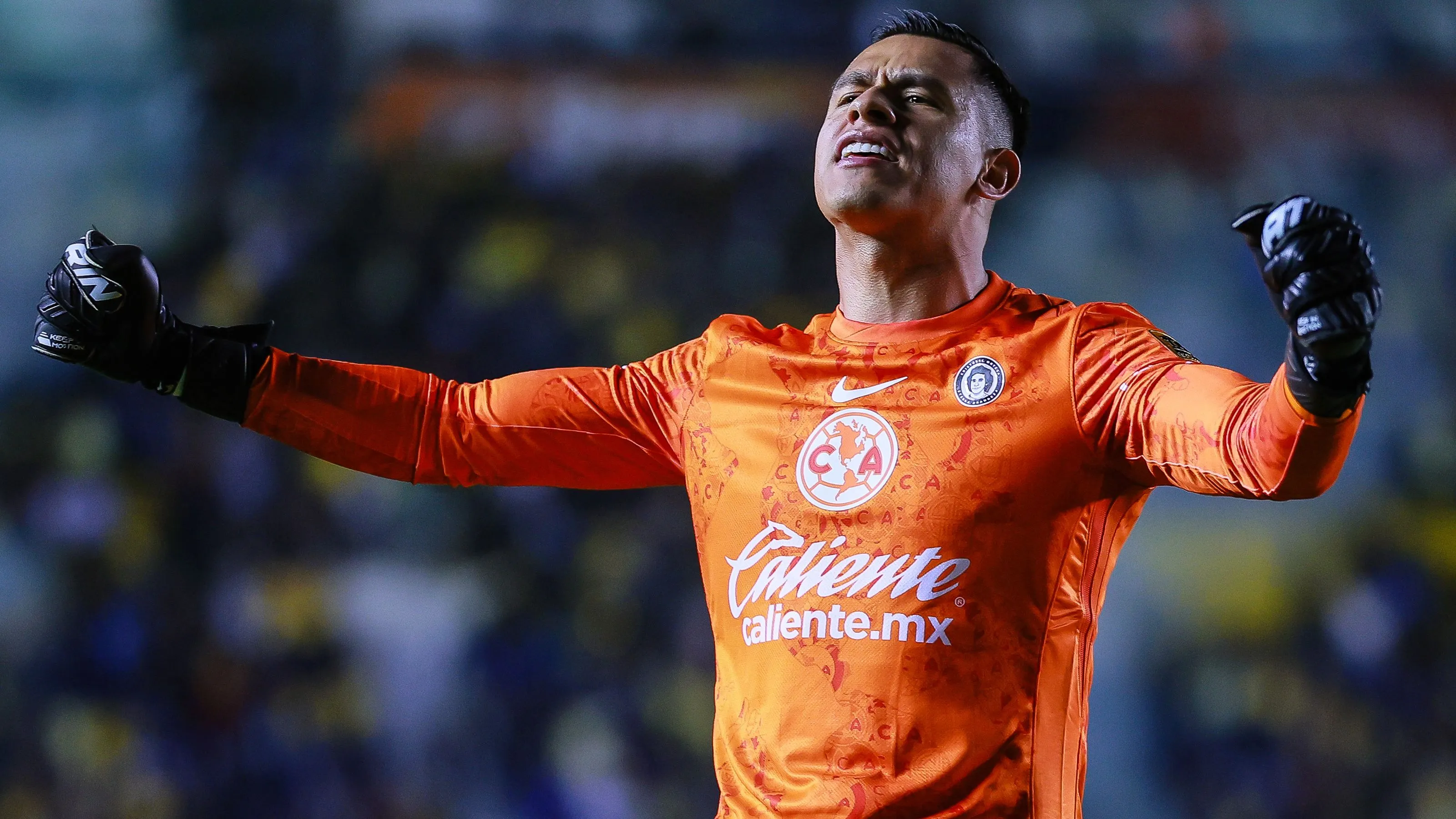
Saudi Arabia has declared a complete ban on alcohol during the 2034 FIFA World Cup, marking a significant departure from previous tournament arrangements. Prince Khalid bin Bandar Al Saud, the country's ambassador to the United Kingdom, made this announcement during an LBC interview, emphasizing that the prohibition would extend to all venues, including hotels.
"At the moment, we don't allow alcohol," Prince Khalid stated firmly, adding that "plenty of fun can be had without alcohol - it's not 100% necessary." He further explained that while visitors are free to drink after leaving the country, Saudi Arabia maintains a strict no-alcohol policy. "Rather like our weather, it's a dry country," he remarked.
This stance differs notably from the 2022 World Cup in Qatar, where despite initial restrictions, fans could purchase alcohol in designated fan zones and hotel bars. Qatar had reversed its decision to sell alcohol in stadiums just two days before the tournament began.
The ambassador also addressed concerns about inclusivity, particularly regarding LGBTQ+ visitors, as same-sex relations and transgender identity remain illegal in Saudi Arabia. "We will welcome everyone in Saudi," Prince Khalid assured, emphasizing that "it is not a Saudi event, it is a world event."
However, the decision to award the World Cup to Saudi Arabia has drawn criticism from human rights organizations. Amnesty International has expressed concerns that hosting the tournament in Saudi Arabia could lead to "severe and widespread rights violations." Critics have accused the kingdom of "sportswashing" - using its substantial investments in sports to improve its international reputation amid concerns about human rights and environmental impact.
The ambassador defended Saudi Arabia's position on maintaining its cultural boundaries, stating, "Everyone has their own culture. We're happy to accommodate people within the boundaries of our culture but we don't want to change our culture for someone else."
FIFA has officially confirmed Saudi Arabia as the host nation for the 2034 World Cup, setting the stage for what promises to be a unique tournament that will challenge traditional expectations of international sporting events.










